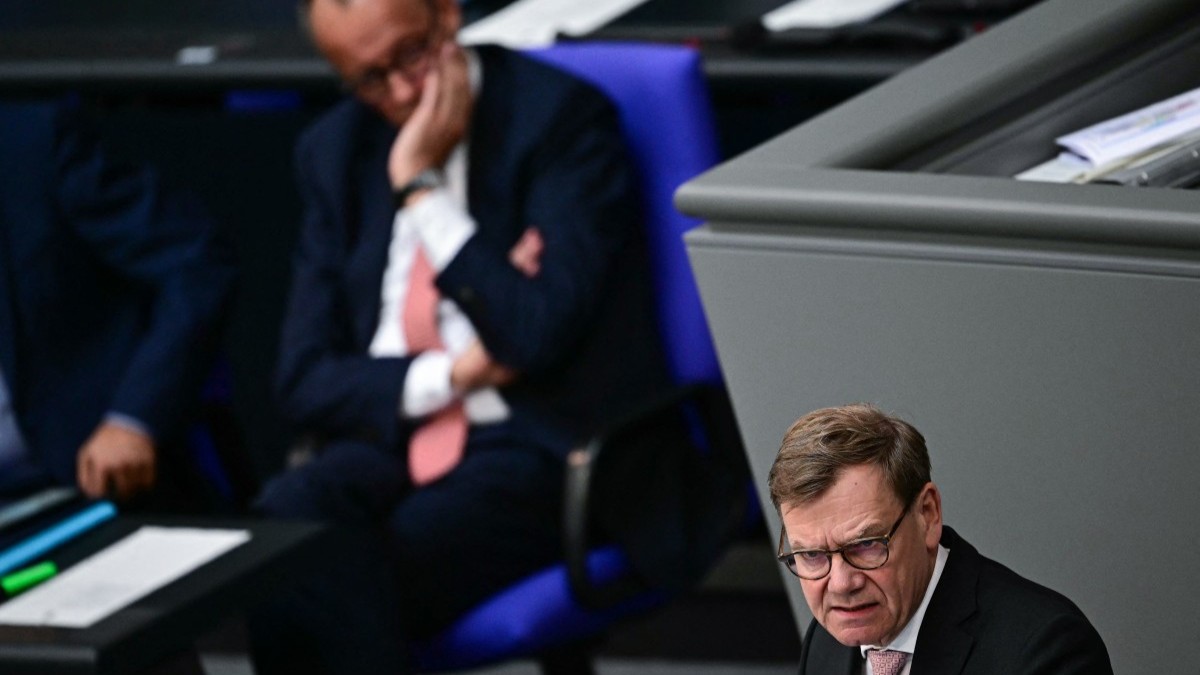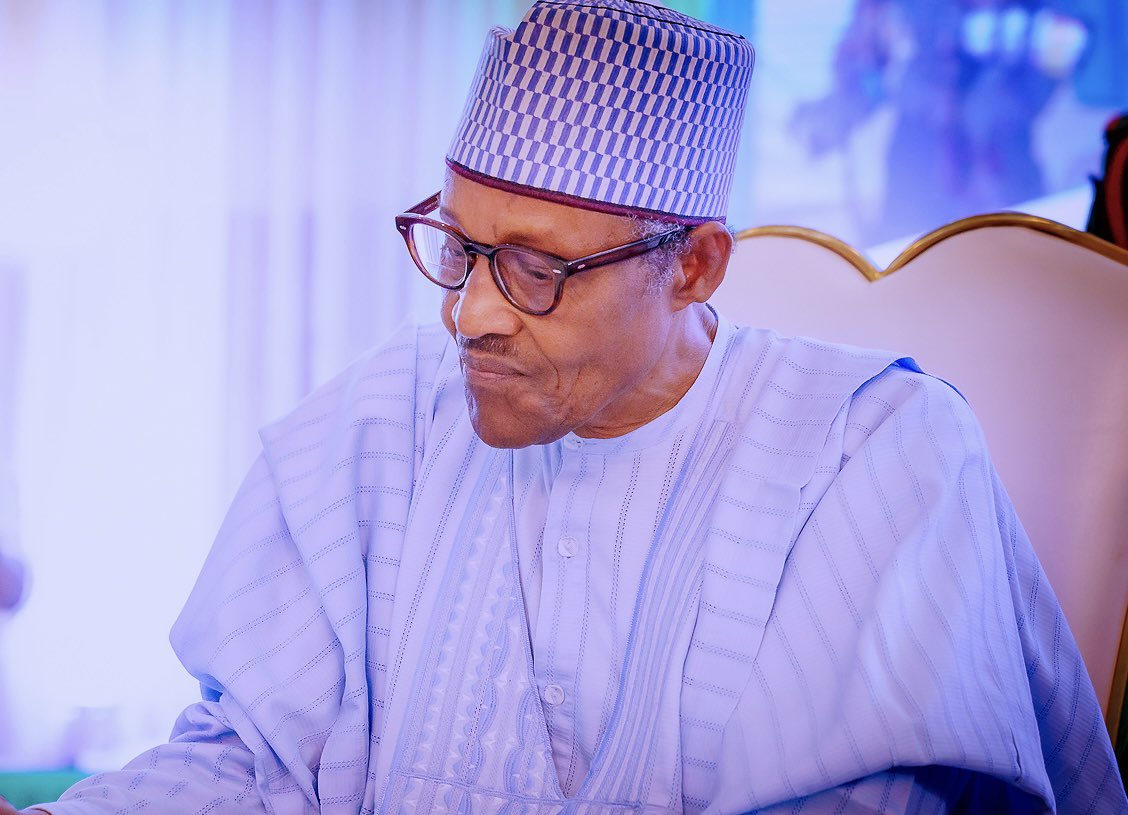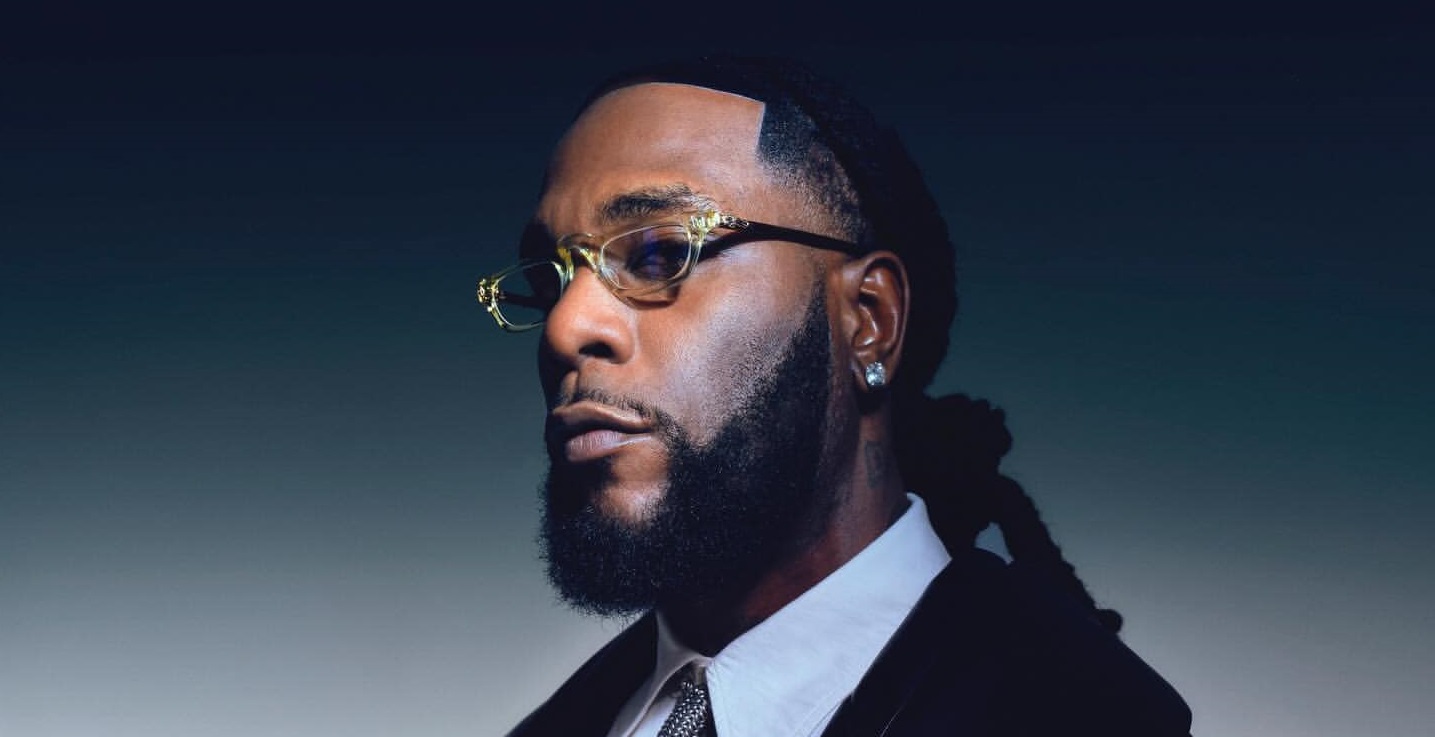
Rwandan president, Paul Kagame has refused to answer when asked if his troops are currently operating in neighboring Democratic Republic of Congo.\
UN experts believe that an estimated 3,000 – 4,000 Rwandan soldiers are supervising and supporting M23 fighters in the east of the DRC, outnumbering the rebel group’s forces, who claimed to capture the city of Goma in eastern Congo last week.
In an exclusive interview with CNN on Monday, February 3, Kagame was asked if there were any Rwandan troops inside the DRC.
“I don’t know,” Kagame said, despite the fact that he is commander-in-chief of the Rwandan Defence Force.
“There are many things I don’t know. But if you want to ask me, is there a problem in Congo that concerns Rwanda? And that Rwanda would do anything to protect itself? I’d say 100%,” he continued.
At least 900 bodies have been recovered from the streets of Goma since violence erupted, according to the United Nations’ latest figures.
“As of 31 January, at least 900 bodies have been recovered from the streets,” said the United Nations Office for the Coordination of Humanitarian Affairs in a report Monday, citing the World Health Organization.
Kagame’s stance was reiterated by the rebel group, whose spokesperson Victor Tesongo said that it “receives no support from Rwanda,” describing the assumption as “a manipulation of public opinion to disqualify us.”
Tesongo claimed that Rwanda was more concerned about “its fight against the FDLR (Democratic Forces for the Liberation of Rwanda) which are allied to the Congolese government which uses them against the security of Rwanda.”
DRC communications minister, Patrick Muyaya, told CNN that Rwanda’s military presence in his country was well documented, saying, “Kagame is the only voice denying this.”
“In the past 10 days, the UN Group of Experts, the UN Security Council, the UN Secretary-General, President João Lourenço (of Angola), and SADC (the Southern African Development Community) have all confirmed Rwanda’s military presence in eastern DRC. Kagame is the only voice denying this,” Muyaya said in his response to Kagame’s CNN interview, adding that “the overwhelming international consensus leaves no doubt.”
The interviewer, Larry Madowo told Kagame that comparisons have been made between him and Russian President Vladimir Putin, who backed local separatist forces to try and invade Donbas, an eastern region of Ukraine, in 2014.
“There will be so many stories,” Kagame said of the comparison, adding that he can’t “stop people from saying whatever they want to say.”
“I may be called anything – what can I do about it?” he asked. “We have to do what we have to do… we have to make sure we survive any storm that blows across our country.”
Kagame called the Democratic Forces for the Liberation of Rwanda (FDLR), one of the largest foreign armed groups operating in the DRC, an “existential threat” to Rwanda.
He alleged that the group was fully integrated into the Congolese armed forces, suggesting that other governments in the region also support the rebel group.
Kagame repeatedly insisted that Rwanda would do “whatever it takes” to protect itself, without giving much information about what this entails.
“Nobody,” including the United Nations or the international community “is going to do it for us,” the leader said.
WATCH: President #Kagame responds to CNN on #Rwanda-DR #Congo tensions: ‘Rwanda will do anything to protect itself—100%.” pic.twitter.com/S1x6SBVkau
— The New Times (Rwanda) (@NewTimesRwanda) February 3, 2025
When asked again if he was sending troops to the DRC, Kagame said that Rwanda will do “anything to protect itself,” telling Madowo to “read whatever you want to read from what I’m telling you.”
The conflict between Rwanda and the DRC, which share a border, has since exploded following the M23’s advance into Goma.
Rwandan government spokesperson Yolande Makolo said as of Monday, 16 people have been killed in Rwanda “during the shelling from the fighting in Goma.”
Last week, DRC leader Felix Tshisekedi vowed “a vigorous and coordinated response” against M23, describing the group as Rwanda’s “puppet.”









